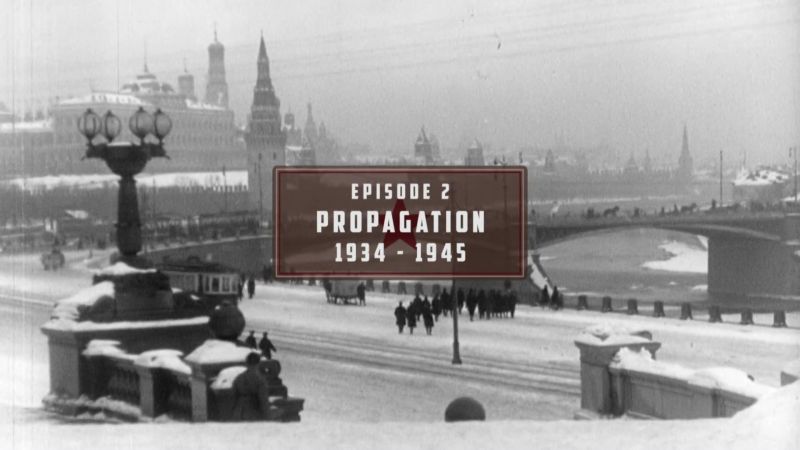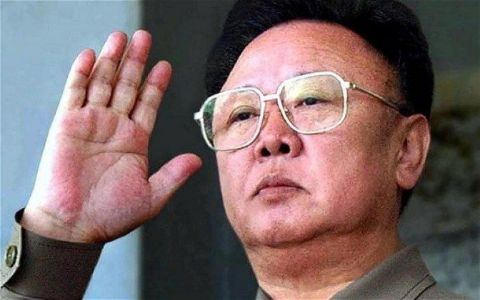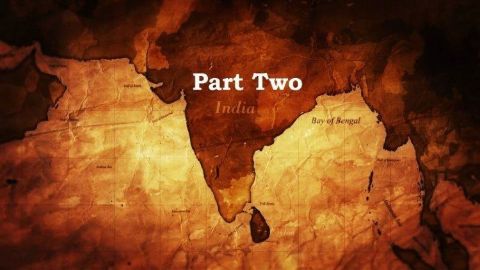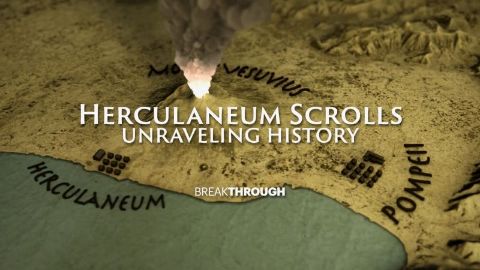Part 2: Propagation: The Gulag in the turmoil of the "Great Terror" and war (1934-1945) • 2019 • episode "S1E2" • Gulag: The Story
Glorified at the XVIIth Congress of the Communist Party, in 1934, Stalin launched major projects that would go down in history. The NKVD, which succeeded the GPU, multiplies the camps. The number of deportees passed the one million mark in 1935. A spectacular showcase for the great terror unleashed in 1937, the Moscow trials concealed the extent of the repression that blindly fell on all of Soviet society and anonymous people. In August 1939, after the signing of the German-Soviet pact, hundreds of thousands of Poles, Balts, Western Ukrainians and Moldavians joined some 2 million Soviet deportees in the Gulag camps. Conditions of detention deteriorated appallingly with the invasion of the USSR by the Wehrmacht in June 1941; and in 1945, despite the victory over Nazi Germany, the number of oppressed increased by tens of thousands of men, women and even children who often had no other fault than to have survived the Nazi occupation...
Make a donation
Buy a brother a hot coffee? Or a cold beer?
Hope you're finding these documentaries fascinating and eye-opening. It's just me, working hard behind the scenes to bring you this enriching content.
Running and maintaining a website like this takes time and resources. That's why I'm reaching out to you. If you appreciate what I do and would like to support my efforts, would you consider "buying me a coffee"?
Donation addresses
BTC: bc1q8ldskxh4x9qnddhcrgcun8rtvddeldm2a07r2v
ETH: 0x5CCAAA1afc5c5D814129d99277dDb5A979672116
With your donation through , you can show your appreciation and help me keep this project going. Every contribution, no matter how small, makes a significant impact. It goes directly towards covering server costs.








